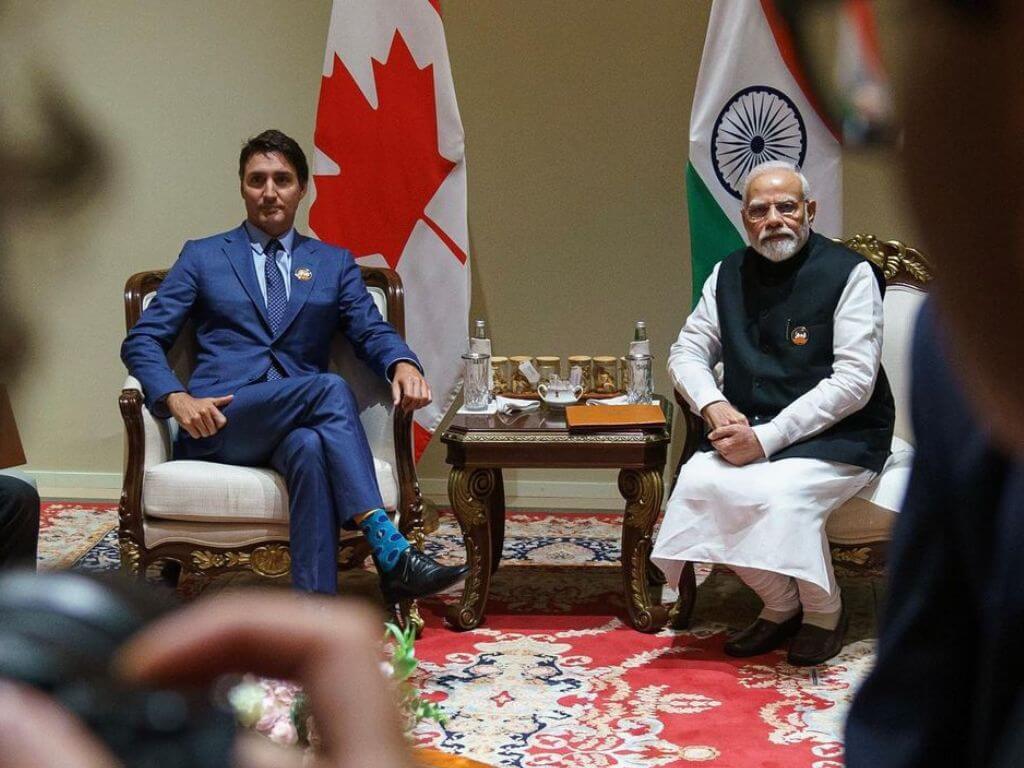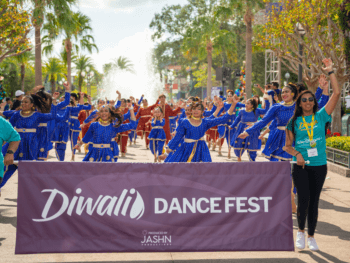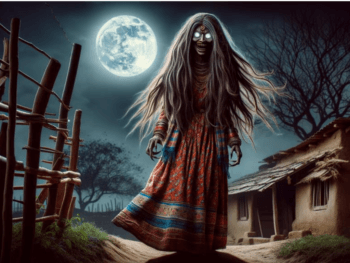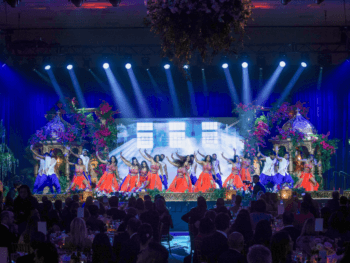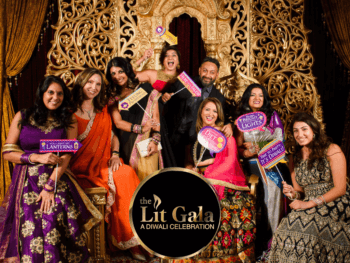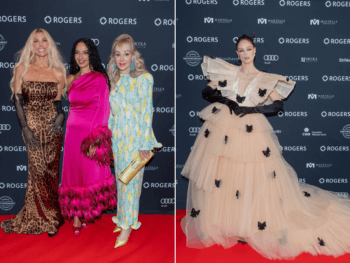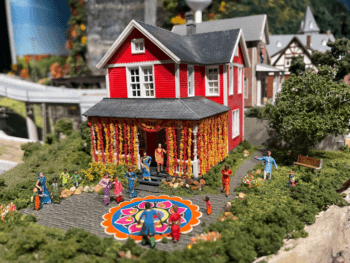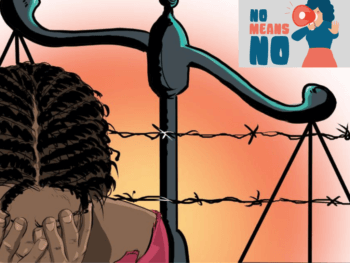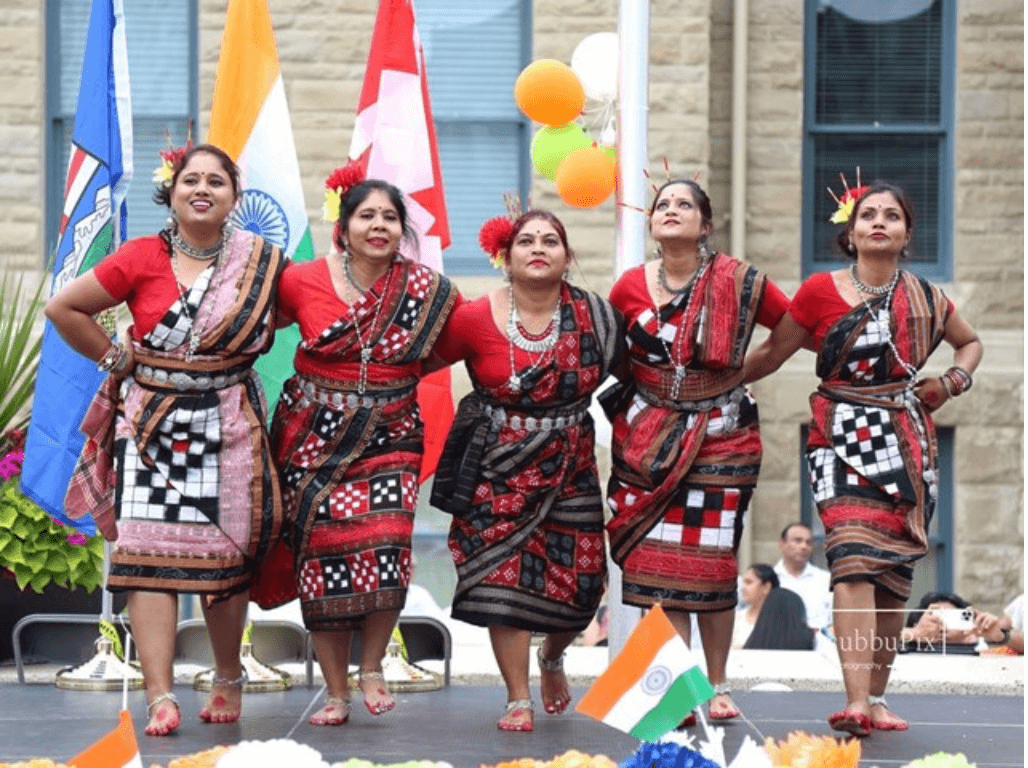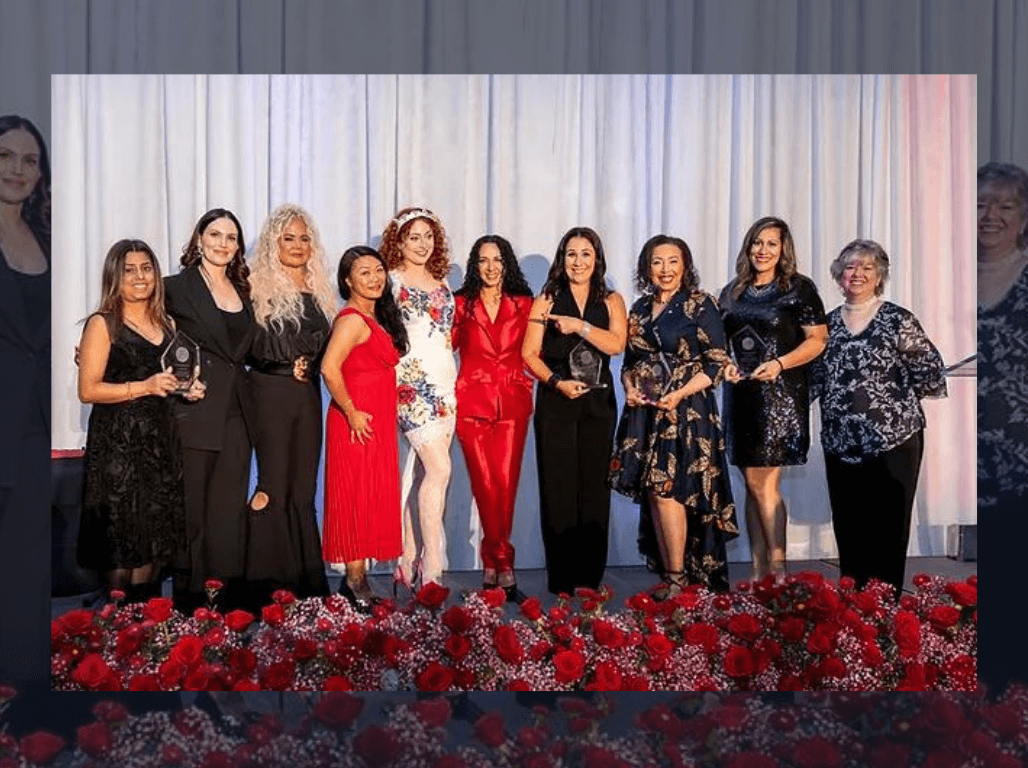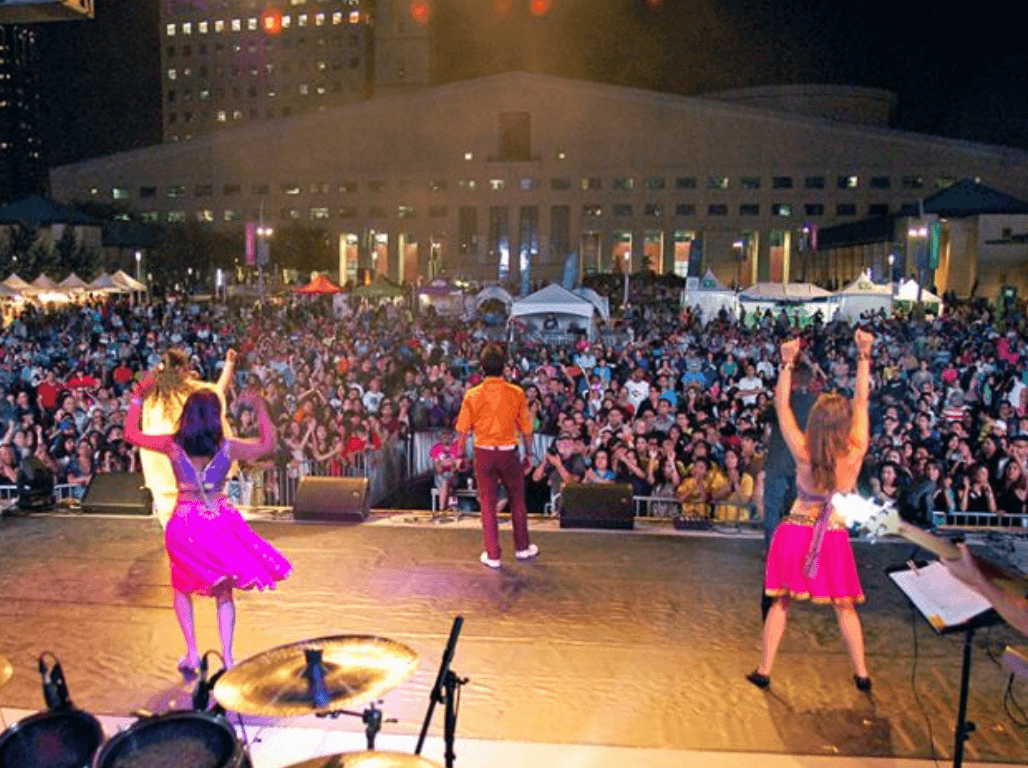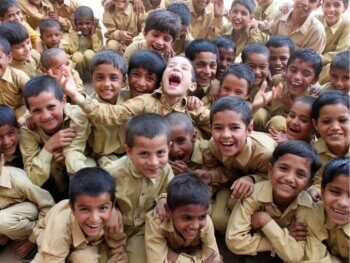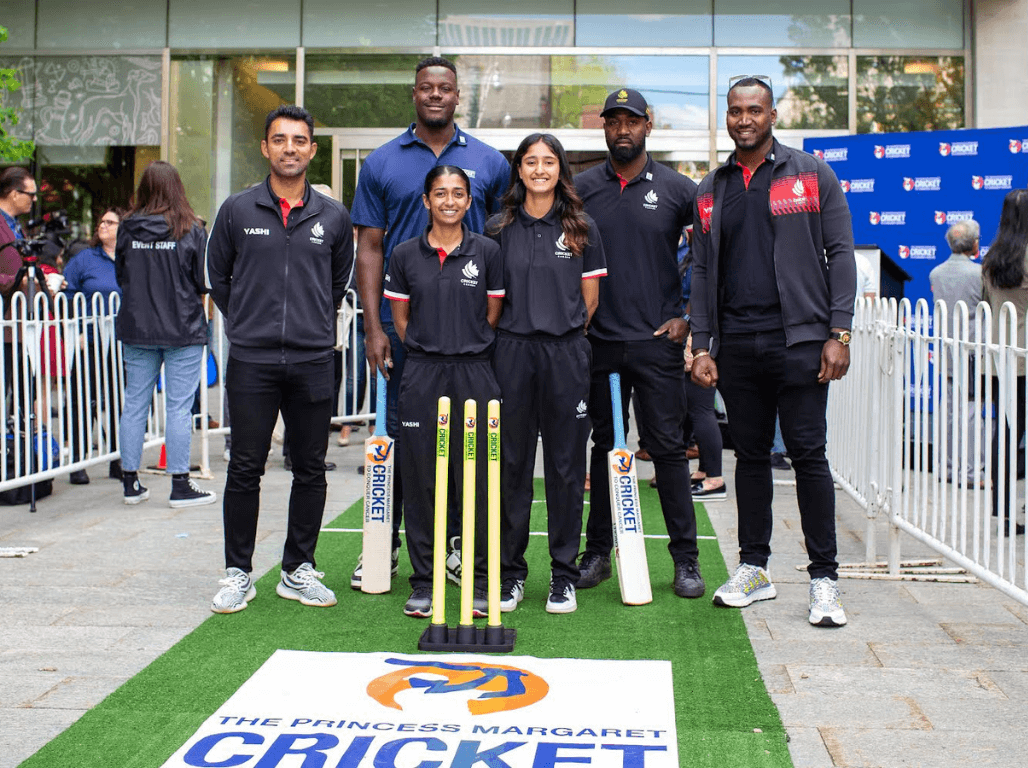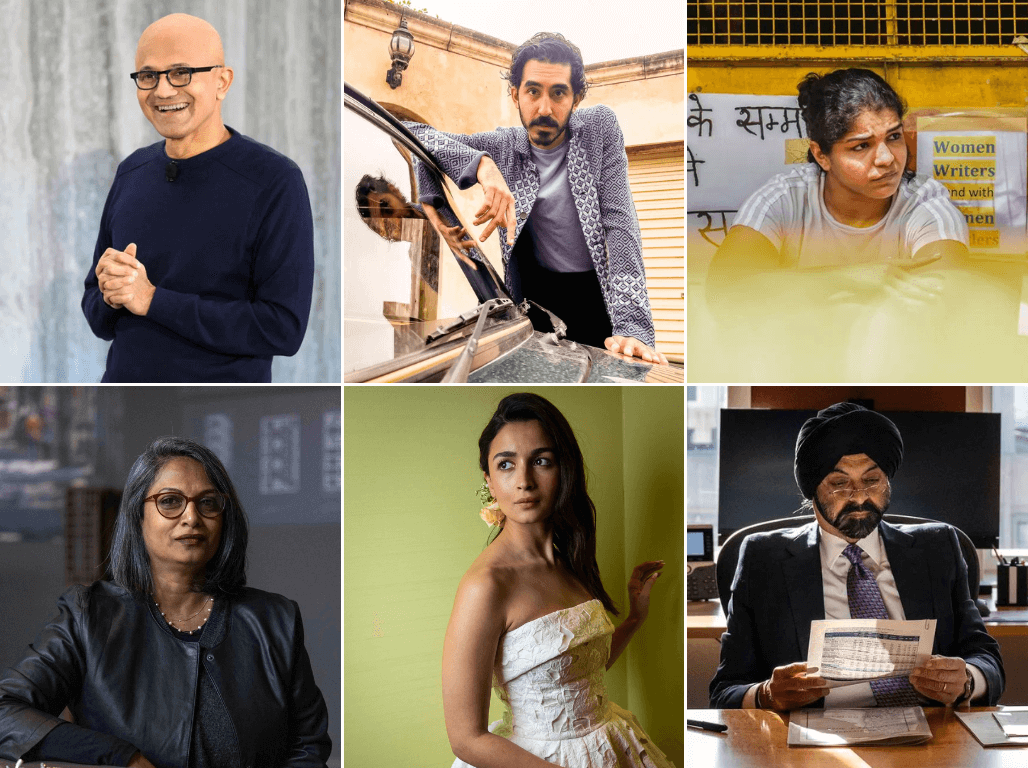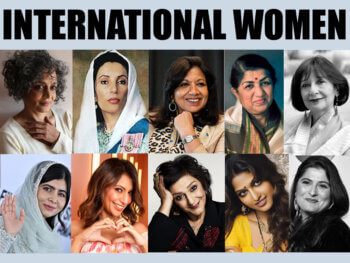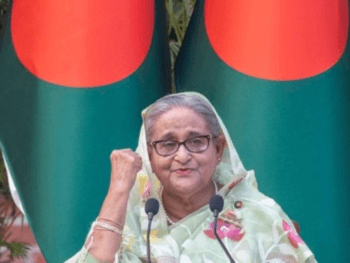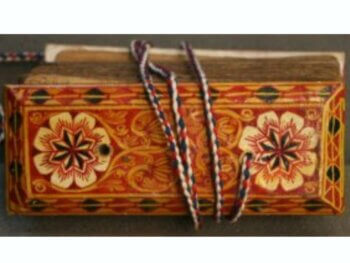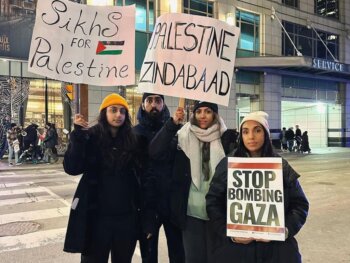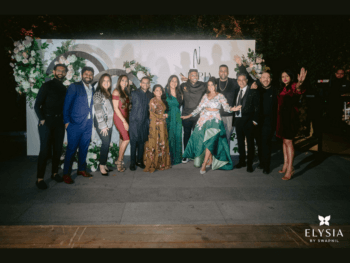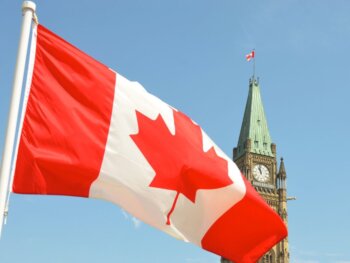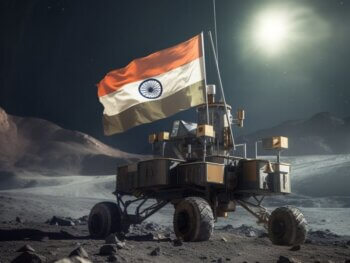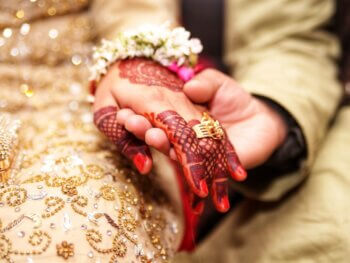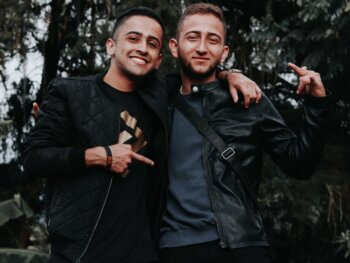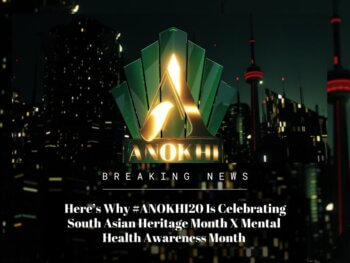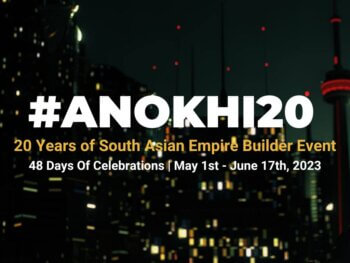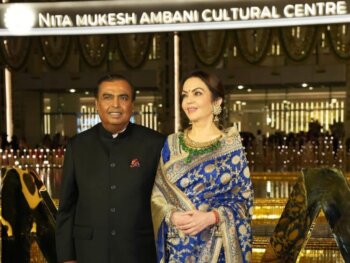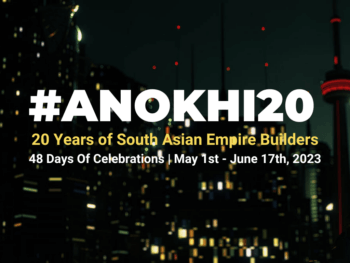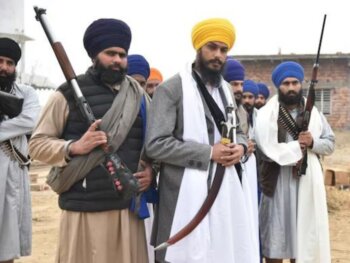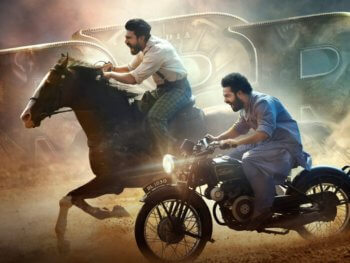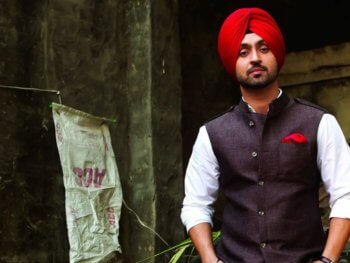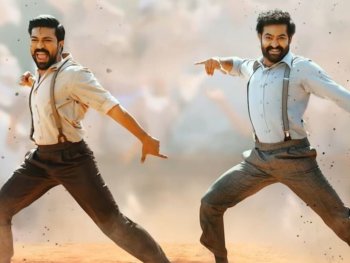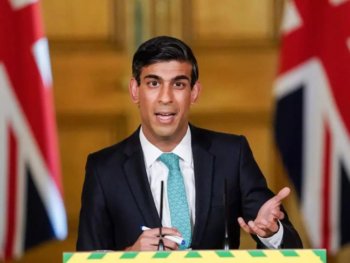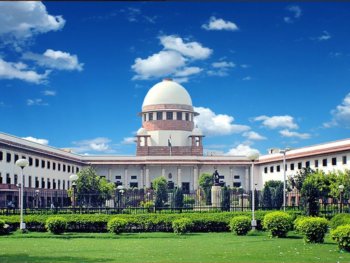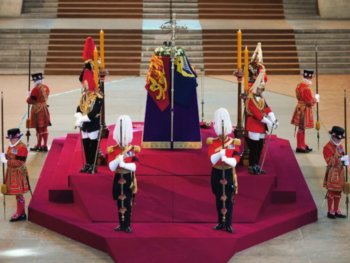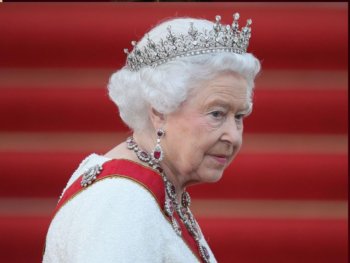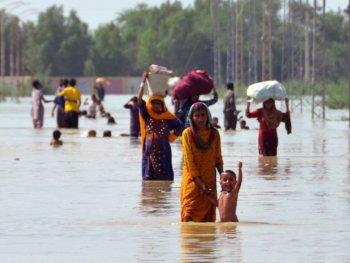With harsh words and actions heating up between India and Canada over Trudeau’s allegations that India’s politicos (namely Modi) was behind the killing of Hardeep Singh Nijjar back in June, the global alliances have been watching silently and intensely. With diplomatic ties fraying at rapid pace, is this the beginning of a new cold war between these two nations? We take a closer look.
The rift between Canada’s Prime Minister Justin Trudeau of Canada and India’s Prime Minister Narendra Modi, has been there for a while now. However, that political uneasiness which has been percolating under the radar seems to have hit a boiling point after India’s recent hosting of the G20 Summit.
The G20 summit is regarded as the global nucleus where all heads of nations look forward to the opportunity for some vital tete-a-tete with their counterparts, especially with the leader of the host country. However that highly expected dedicated one-on-one time was bucked leaving Trudeau to have only have a brief sideline discussion with Modi. Yes, the official social posts from both Prime Ministerial offices made simultaneous efforts to make it seem that substantive and amicable discussions were had, but it was far from it. Instead of a formal closed-doors meeting, the two merely exchanged a fleeting conversation mostly for the cameras before each parted ways towards their next scheduled appointment.
And then a week after Trudeau concluded the G20 meeting was when he decided to drop the bomb during his first presence in Parliament about India.
“Canadian security agencies have been actively pursuing credible allegations of a potential link between agents of the government of India and the killing of a Canadian citizen, Hardeep Singh Nijjar,” Trudeau declared on September 18th, the first time a Canadian prime minister has accused another nation of killing a Canadian citizen on Canadian soil.
Did Trudeau Know About The Intel While In India?
One of the key questions raised about Trudeau’s pointed remarks and accusations is when did the Canadian prime minister come to know of this sensitive and charged information? The fact that Trudeau did not attend the official G20 dinner, which was hosted by India, can now be seen in hindsight as a silent protest possibly in response to the information he may have just received while there.
As the shockwaves reverberated throughout the Sikh community and the South Asian community as a whole, both in Canada and India, more information started to trickle out in terms of the reliability of such information: namely who told Trudeau that India was connected to the killing of Hardeep Singh Nijjar?
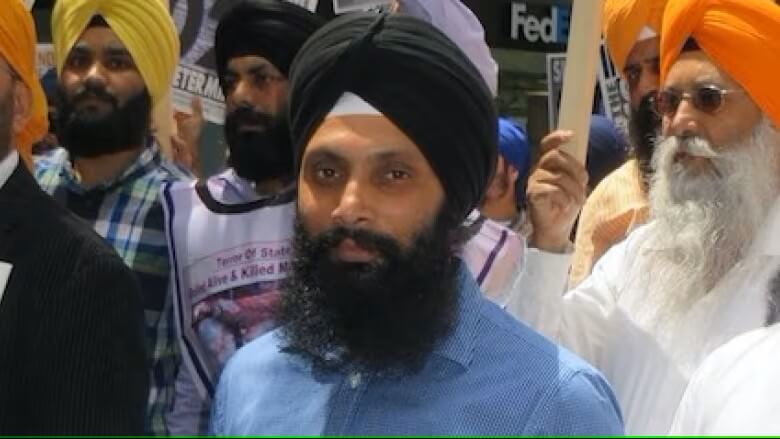
In an exclusive interview with CTV’s Question Period, United States Ambassador to Canada David Cohen set the record straight. It wasn’t just one foreign intelligence that sounded the alarm to Trudeau, but almost all of them. Noted as the “5 Eyes” (a term used to describe the collective body of foreign intelligence agencies from the 5 biggest countries including United Kingdom, United States, Australia, New Zealand).
“There was shared intelligence among Five Eyes partners that helped lead Canada to making the statements that the Prime Minister made,” Cohen explained during the interview even though he wouldn’t elaborate further on whether it was surveilled or direct information. The fact that the Five Eyes felt that it was credible enough to alert the Canadian government caught the attention of the world.
The Diplomatic Fraying Begins
Before we go down this road, let’s go back to the sideline brief meeting that was had at the G20. What exactly was said between the two nation heads?
As stated earlier their social accounts immediately released their official statements recounting the discussion.
Modi’s office was brief: “Met PM @JustinTrudeau on the sidelines of the G20 Summit. We discussed the full range of India-Canada ties across different sectors.”
However Trudeau didn’t hold back with reports that Modi did in fact raise his concern of Khalistani activists residing in Canada and the Trudeau’s concern of “foreign interference” telling the press at the G20 that “both the issues came up.”
“Over the years, with PM Modi, we have had many conversations on both of those issues,” Trudeau continued. “Canada will always defend freedom of expression, freedom of conscience, and freedom of peaceful protest and it is extremely important to us at the same time we are always there to prevent violence and to push back against hatred.”
“I think on the issue of the community, it is important to remember that the actions of the few do not represent the entire community or Canada. The flip side of it, we also highlighted the importance of respecting the rule of law and we did talk about foreign interference,” The Canadian Prime Minister added.
India’s reaction was swift. Citing security concerns for their staff, India closed all visa services for Canadians seeking to visit India. Meanwhile a spokesperson for India’s Ministry of External Affairs accused Canada of having a reputation for being an international safe haven for “terrorists, extremists and for organized crime.”
Cocaine and Conspiracies
From the intriguing to the absurd, one of the most interesting things to come out of this detente is the wave of conspiracies which has been fueled by nuanced statements and social media fervour.
Prime Minister’s departure from India was delayed due to the official plane’s technical glitch. The malfunction was so severe that the official plane stayed on the tarmac and forced the Prime Minister, the Canadian delegation and the Canadian press travelling with the Prime Minister’s Office to extend their stay for an extra day. So what happened to the plane? Was it truly a coincidental technical error or something more nefarious? The word “sabatoge” quickly made its way around the press scrums across the Canadian political landscape. Defence Minister Bill Blair initially stated he wasn’t going to comment on speculation if the VIP jet was the victim of sabotage. “There are, there are obviously ongoing concerns.” He added. This then was followed by a stern clarification by his office that he was not insinuating there was any activity from India’s side and that the Prime Minister’s plane simply had a malfunction.
And then there was one absurd explanation that made its rounds thanks to Deepak Vohra. During an appearance on Indian television the former Indian Ambassador to the Sudan made the allegation that Trudeau was high on cocaine and the narcotics was found everyone on the official plane. And that was the reason why Trudeau was not able to attend the host country G20 dinner.
“When Justin Trudeau came to India for the G20 this month, his plane was full of cocaine,” Vohra said during a debate show hosted by journalist Deepak Chaurasia on Zee News. “He did not come out of his room for two days.” (It is worthy noting that he has regarded this statement as a “credible rumour”, not sure when is rumour is credible, but…)
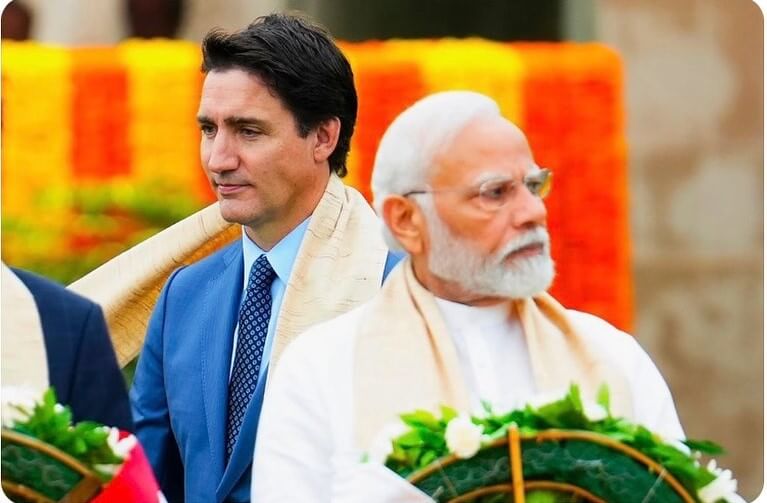
Cold War Calculations
By definition “Cold War” is when two nations are greatly at odds with each other and are declaring “war” without the use of weapons. Most notably the last cold war was during the United States and Russia which lasted the better part of the 1980s through the early 1990s.
In this instance the term may be used loosely since an act of violence has triggered this particular diplomatic dissolution.
However since Nijjar’s killing in June, another Sikh activist, Sukhdool Singh (also a Canadian citizen) who has been listed as one of the India’s most wanted men (also accused of being a “Khalistani terrorist”) has been shot dead by armed assailants in Winnipeg on September 21st. The Canadian government is now taking a closer look at this incident to see if this also ties back to the Indian government.
The Idea Of Tolerance
Lastly, it is worth noting that the idea of freedom, respect and tolerance is at the foundation of this diplomatic rift. It’s the clear tale of two leaders and their countries: Trudeau and Canada which has represented the idea of protecting the freedoms of all regardless of race, creed and religion. That includes those of two prominent South Asian communities: Sikhs and Muslims.
Then you have India led by a government who has been focused on sidelining secularism and instead bringing a more Hindu-ideology to the forefront not only in the political but also in the cultural and societal landscape as well. Often at the expense of the rights and freedoms of Sikhs and Muslims residing in that nation. A disdain for these two minorities have been evidenced by the anti-Muslim and anti-Sikh rhetoric often found in the speeches of the various political representatives across the nation while viral videos of citizens who have taken up on themselves to lynch and attack Muslim and Sikhs in their community.
How the global alliances handle this delicate situation is something to watch for. The geopolitical scene will be watching closely to see just how far and long this Canada vs India tension will last. India is a global power house, will that position provide a sense of immunity for Modi similar to Putin’s Russia? Are there others in Canada who may be at risk?
The world as well and the Five Eyes will be watching.
So will we.
Main Image Photo Credit: www.instagram.com
Hina P. Ansari
Author
Hina P. Ansari is a graduate from The University of Western Ontario (London, Ontario). Since then she has carved a successful career in Canada's national fashion-publishing world as the Entertainment/Photo Editor at FLARE Magazine, Canada's national fashion magazine. She was the first South Asian in...


















































